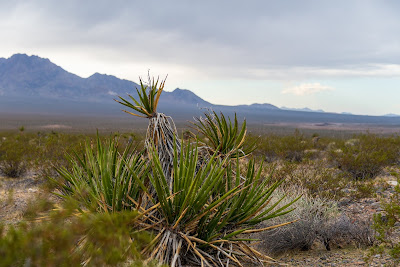Study: Lakes Mead and Powell to Dry Up
A US Forest Service Rocky Mountain Research Station study predicts that water levels at Lakes Mead and Powell -- reservoirs created to help feed the west's unsustainable demand for water -- are likely to drop to zero in approximately 60 years, in part due to climate change and increased drought in the Colorado River watershed. The west has already faced alarming water shortages due to rapidly expanding cities and agriculture drawing from reservoirs and groundwater, but the changing precipitation patterns are likely to aggravate this shortage.
Las Vegas has aggressively sought to secure its future supply of water, investing in a new drain pipeline to connect to Lake Mead. Dropping water levels at Lake Mead threaten to sink below the level of the current pipeline siphoning water to the metropolis, and Las Vegas has implemented drastic water rate increases to pay for the new pipeline.
Further down the road, Las Vegas plans a multi-billion dollar pipeline to the northern reaches of Nevada to tap into other groundwater basins. The move could decimate natural springs and aquifers up north for the benefit of the city's golf courses, pools, and casinos. The pipeline is expected to eventually carry 84,000 acre-feet of water to the city, each year -- that is over 27.3 billion (with a B) gallons of water, each year. It's not clear how Las Vegas will pay for this new pipeline.
Las Vegas has aggressively sought to secure its future supply of water, investing in a new drain pipeline to connect to Lake Mead. Dropping water levels at Lake Mead threaten to sink below the level of the current pipeline siphoning water to the metropolis, and Las Vegas has implemented drastic water rate increases to pay for the new pipeline.
Further down the road, Las Vegas plans a multi-billion dollar pipeline to the northern reaches of Nevada to tap into other groundwater basins. The move could decimate natural springs and aquifers up north for the benefit of the city's golf courses, pools, and casinos. The pipeline is expected to eventually carry 84,000 acre-feet of water to the city, each year -- that is over 27.3 billion (with a B) gallons of water, each year. It's not clear how Las Vegas will pay for this new pipeline.



Comments
Post a Comment